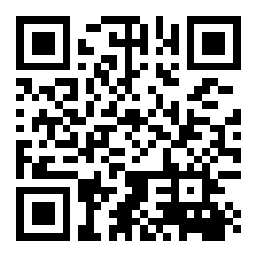Live Session
Tuesday Posters
Research
Towards Open-World Recommendation with Knowledge Augmentation from Large Language Models
Yunjia Xi (Shanghai Jiao Tong University), Weiwen Liu (Huawei Noah's Ark Lab), Jianghao Lin (Shanghai Jiao Tong University), Xiaoling Cai (Consumer Business Group, Huawei), Hong Zhu (Consumer Business Group, Huawei), Jieming Zhu (Huawei Noah's Ark Lab), Bo Chen (Huawei Noah's Ark Lab), Ruiming Tang (Huawei Noah's Ark Lab), Weinan Zhang (Shanghai Jiao Tong University) and Yong Yu (Shanghai Jiao Tong University)
Abstract
Recommender system plays a vital role in various online services. However, its insulated nature of training and deploying separately within a specific closed domain limits its access to open-world knowledge. Recently, the emergence of large language models (LLMs) has shown promise in bridging this gap by encoding extensive world knowledge and demonstrating reasoning capabilities. Nevertheless, previous attempts to directly use LLMs as recommenders cannot meet the inference latency demand of industrial recommender systems. In this work, we propose an Open-World Knowledge Augmented Recommendation Framework with Large Language Models, dubbed KAR, to acquire two types of external knowledge from LLMs --- the reasoning knowledge on user preferences and the factual knowledge on items. We introduce factorization prompting to elicit accurate reasoning on user preferences. The generated reasoning and factual knowledge are effectively transformed and condensed into augmented vectors by a hybrid-expert adaptor in order to be compatible with the recommendation task. The obtained vectors can then be directly used to enhance the performance of any recommendation model. We also ensure efficient inference by preprocessing and prestoring the knowledge from the LLM. Extensive experiments show that KAR significantly outperforms the state-of-the-art baselines and is compatible with a wide range of recommendation algorithms. We deploy KAR to Huawei's news and music recommendation platforms and gain a 7% and 1.7% improvement in the online A/B test, respectively.
Join the Conversation


